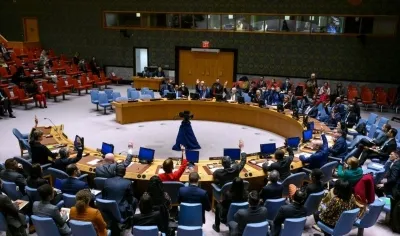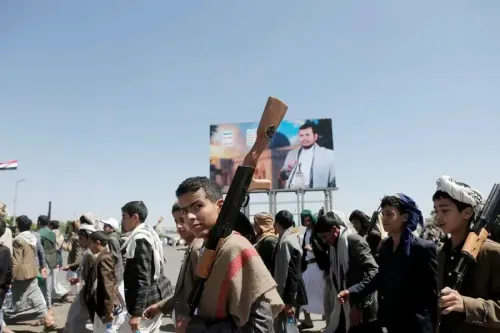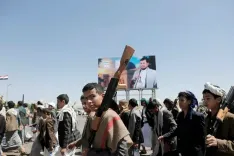Is Pakistan Blocking the Appointment of UN Security Council Committee Chairs on Terrorism?

Synopsis
Key Takeaways
- Pakistan's insistence on chairing UN committees has led to a stalemate.
- Western nations' opposition is rooted in concerns over Pakistan's ties to terrorism.
- The lack of chairs hampers the effectiveness of the UN Security Council.
- Pakistan's role could significantly influence policies towards the Taliban.
- Diplomatic discussions continue as leaders seek solutions.
United Nations, June 2 (NationPress) The committees of the UN Security Council that focus on terrorism currently lack chairs as the year reaches its midpoint, primarily due to Pakistan's persistent demands to lead one or more of the three panels.
According to diplomatic sources, Western nations within the Council have expressed strong opposition to Pakistan chairing any of the panels, including the Counterterrorism Committee and the committees overseeing sanctions against al-Qaeda and other terrorist acts, as well as the Taliban.
These nations argue that Pakistan has a significant conflict of interest, given its harboring of groups like Lashkar-e-Taiba and Jaish-e-Mohammed, along with its contentious relationship with the Taliban regime in neighboring Afghanistan.
The operations of the Council often require consensus, and Pakistan, as an elected member, is strategically leveraging this to hinder the appointment of committee chairs.
Informal discussions on these matters have taken place.
Last month, Greece’s Permanent Representative, Evangelos Sekeris, who presided over the Council, acknowledged the ongoing difficulties in reaching an agreement regarding committee leadership, stating that they are exploring potential solutions.
In the absence of designated chairs, the rotating presidency of the Council temporarily oversees the panels.
Should the chairs remain unappointed, Pakistan will automatically lead the panels next month, as it assumes the rotating presidency.
During its tenure from 2020 to 2022, India chaired the Counter-Terrorism Committee, with its Permanent Representative, Ruchira Kamboj, even organizing a panel meeting in Mumbai at the sites of the tragic 26/11 terror attacks perpetrated by Pakistan-based terrorists.
Sources indicate that Pakistan was excluded from chairing the Counterterrorism Committee due to its prior claims regarding India’s leadership.
The 1267 Committee, which addresses affiliates of al-Qaeda and the Islamic State, presents a clear conflict of interest for Pakistan, given that the sanctioned organizations and individuals are located within its borders.
Currently, Pakistan is advocating for at least obtaining the chair of the 1988 Taliban Sanctions Committee, named after the Council’s resolution aimed at sanctioning the Taliban.
With its historically fraught relationship with the Taliban, Pakistan hopes to leverage the chair position to wield influence over Afghanistan.
This could allow Pakistan to advocate for either the tightening or relaxation of sanctions, depending on its interests against the Taliban, which it has accused of providing sanctuary to groups hostile to Pakistan.
At present, Pakistan faces significant challenges in achieving this goal due to its ongoing conflicts with the Taliban.









